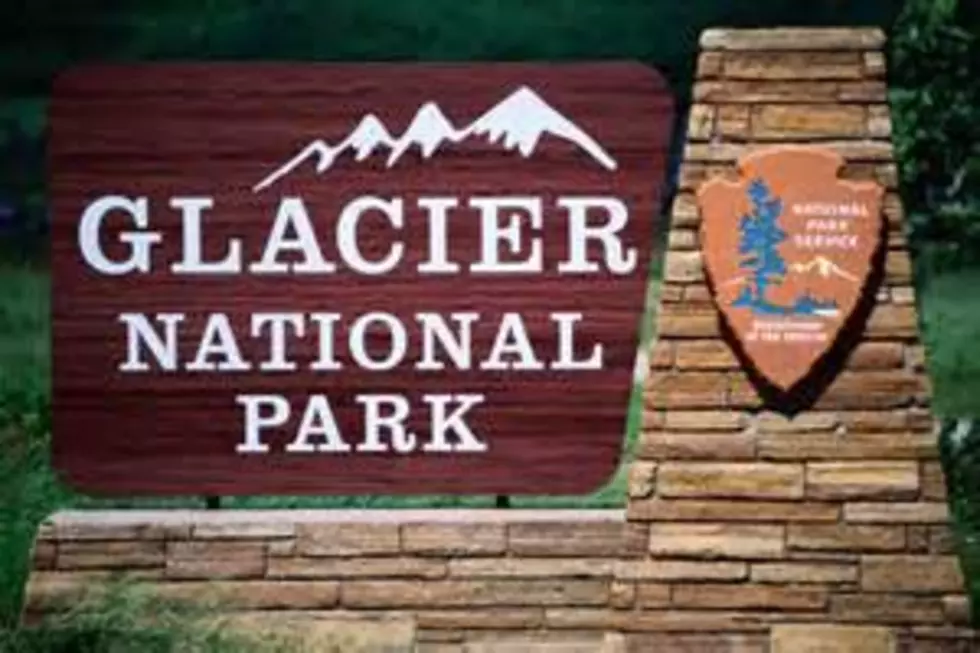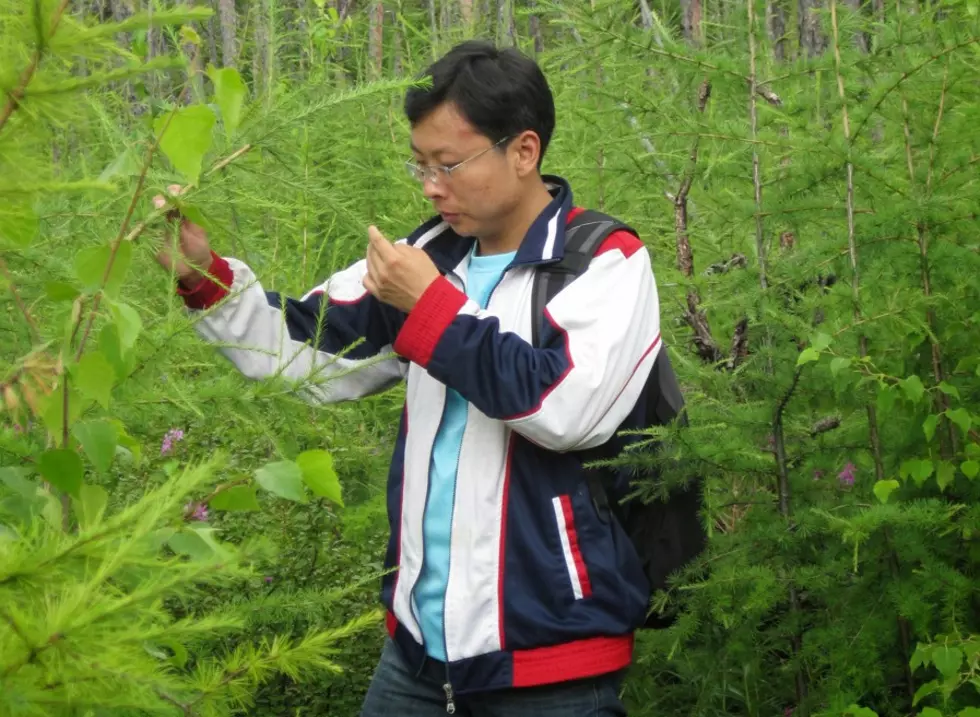
MSU named Peace Corps Prep Program University
BOZEMAN – Montana State University students now have access to a certificate program that promotes intercultural competence and global service. The Peace Corps has recently named MSU as a partner university with a Peace Corps Prep program.
The Prep program includes a certificate for undergraduate students wishing to apply for Peace Corps volunteer positions after graduation, though it does not guarantee acceptance into the Peace Corps. MSU joins 125 universities with Peace Corps Prep programs nationwide. Established in 2007, the program aims to meet the demand for Peace Corps volunteers with a broad and relevant set of expertise and to support schools’ efforts to provide substantive, globally focused experiences for their students.
“Students today are passionate about service and leaving their mark on the world,” Peace Corps Director Jody Olsen said. “Through the Peace Corps Prep program at Montana State University, students can develop skills specifically targeted to Peace Corps service and careers in the international development and service communities.”
At MSU, the Prep program includes three courses and 50 hours of related volunteer work in one of the six Peace Corps program areas in education, health, environment, agriculture, youth in development and community economic development. Over the course of the certificate, students will attend guest lectures, complete an internship, participate in service projects, meet with returning Peace Corps volunteers, develop foreign language skills and engage in professional leadership development for working in non-governmental organizations.
Open to all majors, the Peace Corps Prep program is housed in MSU’s College of Agriculture and managed by Tracy Dougher, College of Agriculture associate dean of academic programs. Dougher will work with students in advising service and coursework that best meets the certificate’s requirements.
“This program essentially gives those students who complete the certificate a leg up on Peace Corps volunteer applications after they graduate,” Dougher said. “Agriculture was a natural fit to manage the program because so much of global development is needed in the areas of food systems, food security, water and agricultural education.“
However, Dougher said, program students do not have to be MSU agriculture students as the “program is meant to work with all majors and interests” and that no matter a student’s major, the prep program will “bolster students’ service and professional resumes.”
A cross-disciplinary effort by multiple academic units on campus, the program application was a joint initiative between the College of Agriculture, MSU’s Office of International Programs, the Honors College and the university’s Office of Student Engagement.
Susan Welker, director of study abroad at MSU, said the prep program is a natural fit for MSU’s land-grant mission.
“Any program that gives our students experience in intercultural competence or experiential learning is something that benefits the entire MSU community,” Welker said. “A big part of our mission at MSU is to develop students who have global competencies, who can leave here and be culturally proficient elsewhere, but also bring those skills to the workforce and their future careers.”
Mandy St. Aubyn, assistant director of MSU’s Office of Student Engagement, said engaging students in academics and co-curricular activities around service is good training for those who are unsure of a two-year Peace Corps volunteer placement.
“Peace Corps volunteering may seem big and scary to some students, but if we can break down the barriers and make the process incremental through mentoring, activities and coursework, it makes a future commitment seem less daunting,” St. Aubyn said. “Giving students opportunities to serve and volunteer also allows them to better understand that being a part of any community includes giving back.”
According to the Peace Corps, since 1961, MSU has produced 487 Peace Corps volunteers, and 18 alumni are currently serving worldwide. Montana is the third-highest Peace Corps volunteer-producing state in the nation, based on the number of volunteers per 100,000 residents. In 2017, Montana produced 4.9 Peace Corps volunteers for every 100,000 residents.
Patrick Hatfield, head of MSU’s Department of Animal and Range Sciences, served as an agricultural Peace Corps volunteer in the Philippines in from 1978 to 1980 before graduating with a bachelor’s degree from MSU. Upon returning, he managed a campus program in the former Plant and Soil Science Department, which recruited MSU students as Peace Corps volunteers.
Thirty-six years later, Hatfield contributes his Peace Corps volunteer experience to creating the foundation for his career in agricultural research and education.
“As a kid from Montana, not visiting – but working -- in a third-world country was eye-opening,” he said. “I was 26 years old at the time. Living as the racial minority was one of the most important experiences for me. It allowed me to develop a sense of a real purpose and passion for agriculture that only grew from my Peace Corps experience.”
Since President John F. Kennedy established the Peace Corps in 1961, more than 230,000 Americans of all ages have served in 141 countries worldwide. President Kennedy created the Peace Corps to allow a global exchange of skills and ideas and the individual experiences of Americans in developing countries to contribute to healthier and safer world.
For more information on the MSU Peace Corps Prep Program, click HERE.
More From K96 FM









